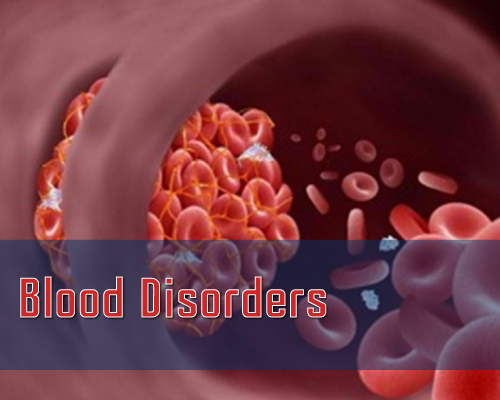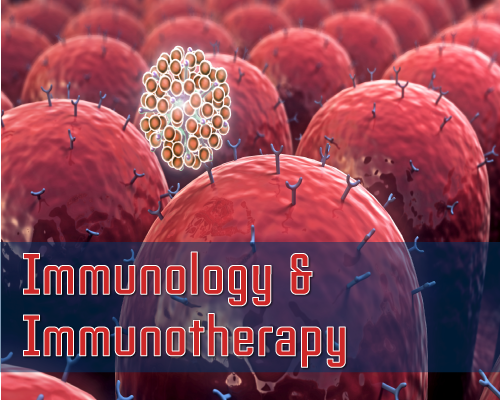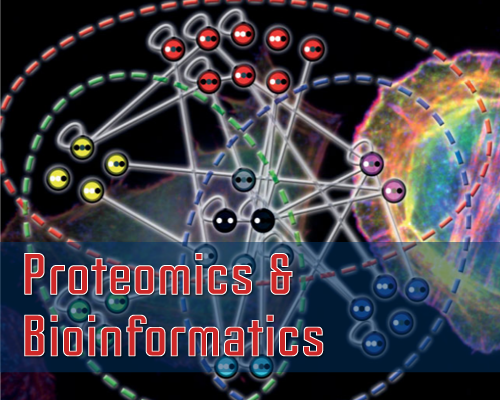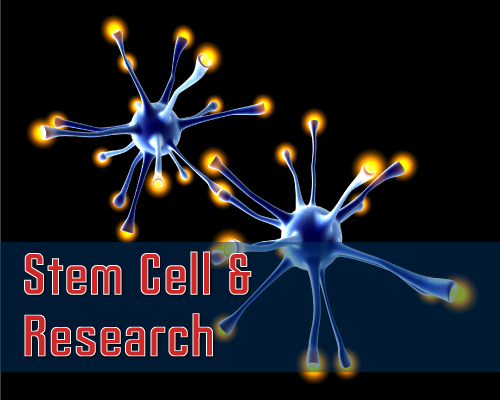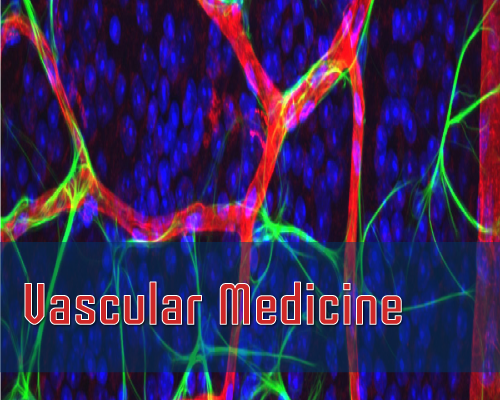Online First
Research Article: Peripheral Blood Wilms' Tumor Gene mRNA as a Parameter to Predict Hematological Responses and Prognoses in Patients with Myelodysplastic Syndromes Treated with Azacitidine
Shin Ohara*, Tomoyuki Uchida, Shiro Ide, Morihiro Inoue, Jian Hua and Masao Hagihara
Azacitidine (AZA), a hypomethylating agent, effectively achieves Hematological Improvements (HI) or improves Overall Survival (OS) in patients with Myelodysplastic Syndromes (MDS). However, predictive factors, particularly hematological markers, of responses to AZA remain largely unknown. We retrospectively analyzed Overall Response Rates (ORR) based on HI and OS in 70 MDS patients who were treated with AZA in our institute. Peripheral Blood Wilms' Tumor Gene (PB-WT1) mRNA levels for each cycle of the treatment were measured in all patients. Although pre-treatment PB-WT1 mRNA levels were not significantly different between responders and non-responders, reductions in PB-WT1 mRNA levels within 3 cycles were identified as an effective predictor for the achievement of HI. Furthermore, PB-WT1 mRNA levels slightly increased a few months before HI were lost during the treatment. PB-WT1 mRNA levels greater than 3000 copies/μg RNA were associated with inferior OS in a univariate analysis. Our results suggest that PB-WT1 mRNA provides useful information on hematological responses, disease progression, and risk assessments in patients being treated with AZA.
Keywords: Azacitidine; Overall Survival; Prognostic Factors; Peripheral Blood Wilms' Tumor Gene m-RNA; Hematological Improvement
Cite this Article: Ohara S, Uchida T, Ide S, Inoue M, Hua J, et al. Peripheral Blood Wilms' Tumor Gene mRNA as a Parameter to Predict Hematological Responses and Prognoses in Patients with Myelodysplastic Syndromes Treated with Azacitidine. Open J Oncol Hematol. 2017;2(1): 010-015.
Published: 25 September 2017
Sougata Sheet*, Anupam Ghosh and Sudhindu B. Mandal
In is paper, we present a procedure for gene selection, which genes are may be normal or certain cancer. At first, we select an entire set of genes group. Then using Deep Neural Network model (DNN) to determined important group. Finally, individual genes are selected from important group which are valuable in terms of their importance in mediating cancer. The usefulness of the procedure is demonstrated using three microarray human leukaemia gene expression data sets. We have formed a comprehensive comparative analysis with three existing process using biochemical pathway, p - value, t - test, F - test, expression profile plots for indentifying biologically and statistically pertinent gene sets. It has been obtained that the present procedure capable to select genes that are most biologically significant in given leukaemia than those gained by another.
Cite this Article: Sheet S, Ghosh A, Mandal SB. Selection of Gene Mediating Human Leukemia, using Deep Learning Approach. Open J Oncol Hematol. 2017;2(1): 001-009.
Published: 22 March 2017
Authors submit all Proposals and manuscripts via Electronic Form!


